Chiropractic Care for Carpal Tunnel Syndrome
Carpal Tunnel Syndrome (CTS) is a common condition that causes pain, tingling, and numbness in the hands and fingers. It happens when the median nerve compression occurs as it passes through the wrist. If left untreated, CTS can make everyday tasks more difficult, like typing, gripping objects, or even buttoning a shirt.
Chiropractic care for CTS offers a natural carpal tunnel relief approach by addressing nerve entrapment syndromes, wrist joint misalignment, and spinal alignment to target the root cause of discomfort.
What Causes Carpal Tunnel Syndrome?
CTS develops when there is too much pressure on the median nerve, which runs from the neck to the hand through the carpal tunnel—a small passageway in the wrist surrounded by bones and ligaments. This nerve controls sensation and movement in the thumb, index, middle, and part of the ring finger. Additionally, nerve entrapment syndromes may compress the median nerve in other areas, such as the elbow, shoulder, or neck.
Common Symptoms of CTS
If you're experiencing any of the following symptoms, carpal tunnel syndrome treatment may be necessary:
Tingling or numbness in the fingers (especially the thumb, index, middle, and ring fingers)
Pain that radiates up the arm toward the shoulder
Weakness in the hand, making it harder to grip objects
A swollen or stiff feeling in the fingers, especially in the morning
Increased clumsiness, leading to dropping things more often
What Causes CTS?
CTS isn’t just caused by repetitive hand movements (though that’s a big factor). Other common causes include:
Poor posture and spinal misalignment, which can lead to nerve compression in the neck
Wrist injuries, such as sprains or fractures, leading to wrist joint misalignment
Inflammatory conditions like arthritis
Pregnancy, which can cause swelling and put pressure on the median nerve
Diabetes or metabolic conditions that affect nerve health
How Chiropractic Care Can Help
Many people assume CTS is just a wrist problem, but studies suggest that nearly 90% of CTS cases involve nerve compression in the neck (1). If spinal misalignment is not corrected, traditional treatments like wrist braces or surgery don’t always provide long-term relief. Chiropractic adjustments offer a non-surgical CTS treatment, taking a whole-body approach to improve hand and wrist mobility and relieve wrist pain effectively.
Chiropractic Treatments for CTS
Spinal and wrist adjustments: Gentle chiropractic adjustments using techniques like Gonstead adjustments can relieve nerve entrapment at the wrist, elbow, and neck.
Posture correction: Poor posture contributes to nerve compression, affecting the median nerve and leading to wrist pain.
Ergonomic solutions for CTS: Small workspace changes, like adjusting keyboard height, can help prevent further irritation.
CTS hand exercises: Chiropractors may recommend specific hand and wrist exercises to improve hand and wrist mobility and strengthen muscles.
Take Control of Your Hand Health
If you're dealing with wrist pain, tingling, or weakness, chiropractic care for CTS provides a safe and effective way to address the root cause. By restoring spinal alignment and reducing median nerve compression, chiropractic techniques for CTS help you regain pain-free movement without relying on medication or surgery.
Ready to Find Relief from Carpal Tunnel Syndrome?
If you're struggling with wrist pain, tingling, or numbness, chiropractic care can help address the root cause and restore pain-free movement. Dr. Bobby at Vertical Chiropractic in Downtown Sarasota offers personalized, non-invasive treatments to relieve nerve compression and improve mobility. Schedule your consultation today and take the first step toward lasting relief. Call now or visit our office to learn more!
References
Bland J, Rudolpher S. 2003. Clinical surveillance of carpal tunnel syndrome in two areas of the United Kingdom. 1991-2001. Journal of Neurology.
